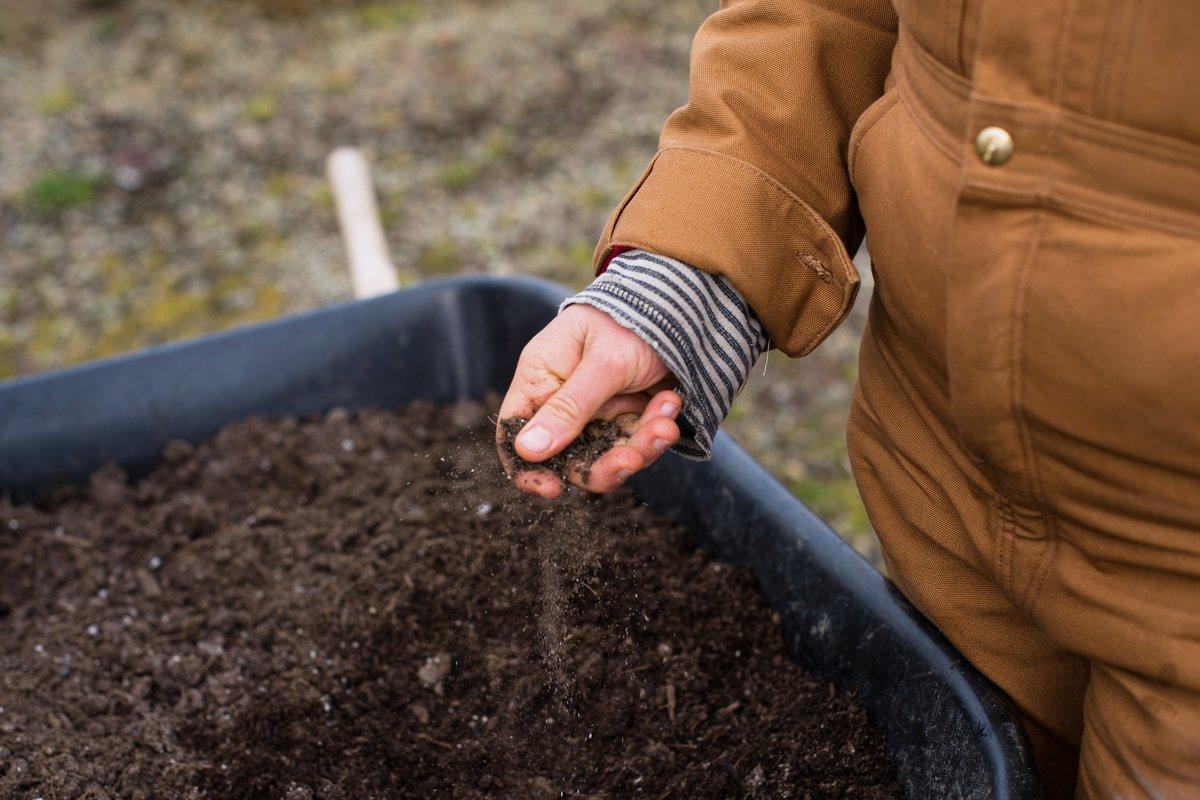AUTHOR: Nora Hiller
European soils are under great threat, an issue which the research and innovation-based Horizon Europe Mission on soil is aiming to address. IEEP welcomes the mission and R&I efforts for rapid and combined efforts.
| Summary of the Horizon Europe Mission – Soil Deal for EuropeAIMSFunding an ambitious research and innovation programme with a strong social science componentPutting in place an effective network of 100 living laboratories and lighthouses to co-create knowledge, test solutions and demonstrate their value in real-life conditionsDeveloping a harmonised framework for soil monitoring in EuropeRaising people’s awareness on the vital importance of soilsBUDGET AND TIMELINE Planned funding from Horizon Europe and other sources of €320 million from 2021-2023Three phases of the mission, including pilot phase (-2025), expansion and innovation (2025-2030) and scaling up/mainstreaming phase (2027-2030) |
Soils provide a range of ecosystem services, such as food, feed, fibre and energy provision, climate regulation through carbon sequestration and storage, pests and diseases control as well as water storage and purification. European soils are under great threat and exposed to various degradation processes, linked, among other things, to unsustainable management practices and inputs of pollutants, exercising great pressure on biodiversity and soil organic matter.
The European Commission is aiming to address these challenges and thereby significantly increase the share of healthy soils in the EU through Horizon Europe, the key funding programme for research and innovation. The programme runs to strengthen the scientific bases of the European Union, foster its competitiveness in all Member States and contribute to sustainability strategies and objectives – such as the European Green Deal and the Sustainable Development Goals. As part of Horizon Europe, the European Commission launched five EU missions in September 2021. These missions represent a new channel to connect research and innovation, practice test on the ground, training and monitoring.
One of those missions addresses soil policy and management in Europe and beyond. Under the label ‘A Soil Deal for Europe: 100 living labs and lighthouses to lead the transition towards healthy soils’. The mission will create coordinated experiments in regional settings (‘living labs’) and demonstration sites (‘lighthouses’), as well as a platform to oversee them. Helping to design the mission was the task of the mission board, with experts from science, innovation, business, etc., who came together to write a report of recommendations. It was supported by a group of high-level experts, the mission assembly. IEEP commented on the mission board report, welcoming the societal focus with clear reference to education, training, and impact on consumer choices.
IEEP also welcomed the lighthouses and living labs – with a need for timebound and specific goals. In the mission assembly, IEEP recommended better connecting the mission to the international dimension, enhancing the link to the new EU Soil Strategy and the EU soil observatory, employing targets with reference points and addressing hotspot issues by 2025. What is striking is that the mission presented by the Commission is not picking up the ambition of 75% healthy soils in Europe, which was put forward by the mission board. It rather states ‘to significantly increase the share of currently 30-40% of healthy soils to levels that are in line with Green Deal commitments and targets by 2030.’ In the mission assembly, IEEP put forward the need to address hotspot issues with targets for 2025, which was not taken up.
Overall, IEEP’s feedback is mirrored in the EU mission on soil, including:
- Making a better connection to the international dimension – the final mission presents plans to connect the mission actions to several international partners and activities across continents to support the Sustainable Development Goals and to reduce the EU’s global soil footprint.
- Transformative capacity – the mission acknowledges and wants to drive the connection to relevant EU policies, to create a robust framework with the upcoming EU soil strategy, the EU soil observatory.
- Targets, indicators and monitoring – the eight objectives from the mission board report were taken up, corresponding to mission targets, a baseline and soil health indicators; it will be beneficial to harmonise the soil monitoring to receive reliable data, which currently lacks a legal framework – although monitoring helps to better understand soil quality and manage solutions.
The mission on soil and its aims for R&I are welcomed and IEEP will continue to follow the actions of the mission in the coming years.

